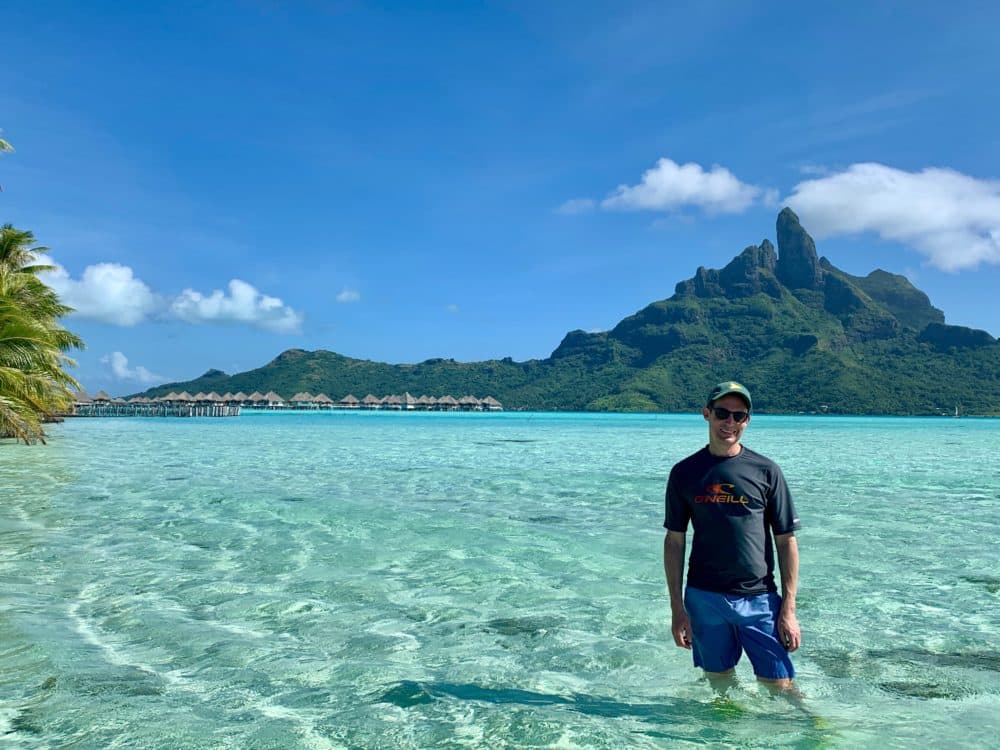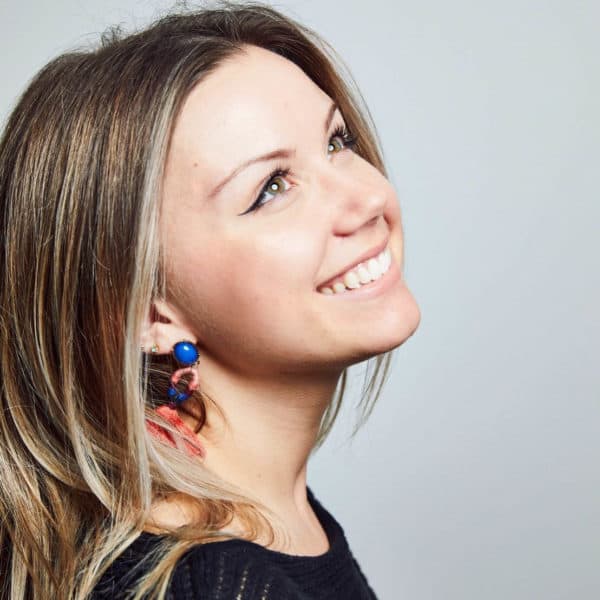Advertisement
As He Loses His Vision, One Travel Writer Uses His Camera As A Lens To See The World
Resume
With the snap of a camera, travel writer Christopher Muther can see clearly. After undergoing multiple surgeries to correct his faltering vision, Muther now considers the camera his “third eye.”
He recently opened up about his experiences in The Boston Globe, writing that after “endless” tests, drops, steroids and lasers, his “electronic eye” is what he can depend on to see.
Muther says it all began after several cases of dry eye. He noticed he was losing his vision in his right eye at a rapid rate. A new contact lens prescription didn’t help, he says, and his optometrist eventually determined it was cataracts.
Cataracts, cloudy areas in the lens of the eye that lead to changes in vision, impact more than half of Americans over the age of 80. Muther was considered young when diagnosed, only in his 40s.
Then came another complication just a few short months after the initial cataracts procedure: His retina had detached in two places, and his doctor suggested surgery immediately. That procedure’s recovery period required him to lie face down for 22 hours a day for an entire week. Over time, vision in his other eye began to deteriorate.
After five surgeries in total, he still suffers from system-wide macular edema, which he describes as “pockets of fluid” that “cause swelling in the macular,” the area in the center of the retina.
At this point, his mind was racing from what would happen next to the career he was so passionate about.
“I sort of thought that it would be the end of travel writing for me,” he says.
That’s when he became dependent on his camera, using it to see details. He’d take the pictures, upload them to his computer and blow them up bigger. Suddenly, he could see.
“It sort of kind of gave me information about where I was,” he says. “If I couldn't make out a detail, I could go back and I could see more clearly on my laptop.”
From mountain ranges to children’s faces to architectural details, Muther was capturing photos then zooming in to see, giving him the chance to continue working as a travel writer.
“Even though I couldn't see well, I was getting a lot of great feedback on my photos,” he says.
His editors were supportive despite the condition, he says. After publishing his story in the Globe, he says he received emails of encouragement and notes from people who expressed experiencing similar problems.
Having a camera can be “invaluable” for others struggling with vision loss, he says, because it can give people the opportunity to get out in the world again.
Now, Muther’s taking every chance he can get to keep exploring the world. His experience has given him a deeper appreciation for all the places he gets to witness.
“I know that anything could happen,” he says. “So I really do try to get out there as much as I possibly can. And I don't let eyesight be a deterrent.”
Marcelle Hutchins produced and edited this interview for broadcast with Kathleen McKenna. Serena McMahon adapted it for the web.
This segment aired on March 5, 2020.

